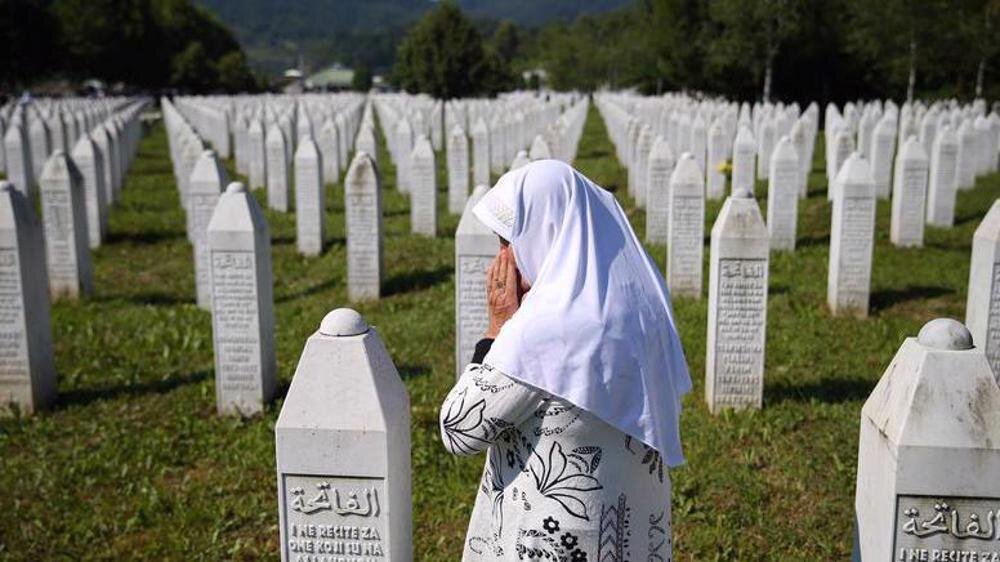Tehran - Iran has voted for a United Nations General Assembly resolution designating July 11th as the International Day of Reflection and Commemoration of the 1995 Srebrenica Genocide.
The resolution, co-sponsored by Germany and Rwanda, was adopted on Thursday with 84 votes in favor, 19 against, and 68 abstentions. It received strong opposition from Bosnian Serbs and Serbia.
Besides creating a memorial day for the Srebrenica Genocide, the resolution condemns any denial of the massacre and calls on member states to preserve the historical facts and prevent future occurrences of genocide.
Serbia's President, Aleksandar Vucic, expressed concern that the resolution would “open old wounds” and create “political havoc.” However, he acknowledged the killings at Srebrenica and expressed sympathy for the victims saying he bowed his “head to all the victims of the conflict in Bosnia”.
How did the Srebrenica Genocide happen?
On July 11, 1995, Srebrenica, a UN-designated "safe haven" for civilians, fell to Bosnian Serb forces under the command of General Ratko Mladic. Muslim residents fled to a UN compound, seeking protection from the Dutch peacekeepers.
However, the peacekeepers surrendered the base to Serbian troops, who separated men and boys from women and girls. The men and boys were systematically murdered and their bodies were disposed of in mass graves. Some reports also suggest that the females became subject to rape and sexual abuse.
Over 8,000 Bosnian men and boys were killed in the genocide. The victims' remains are still being exhumed and identified.


No comments:
Post a Comment